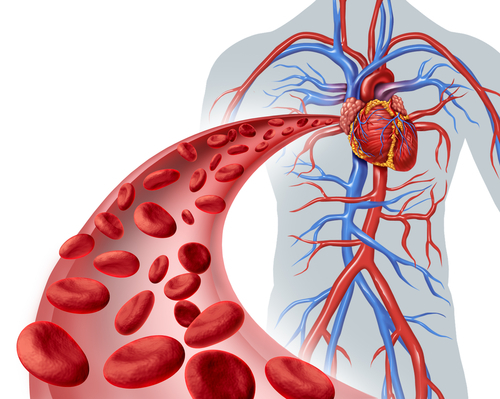Anti-smoking drug may cause problems
IANS Dec 21, 2017
A drug commonly prescribed for helping people quit smoking may increase the risk of developing cardiovascular event, according to new research.

While varenicline has been known to triple the chances of a person quitting smoking, patients who were prescribed the drug were 34 per cent more likely to have an emergency department visit or hospitalisation for a cardiovascular event while taking the drug. The cardiovascular events included heart attack, stroke, arrhythmias, unstable angina and peripheral vascular disease among others. Among those who had not previously experienced a cardiovascular event, the increased incidence was 12 per cent.
In addition, varenicline also raised the risk of neuropsychiatric events including depression, anxiety, psychosis, hallucinations, insomnia and self-harm, the findings showed. "Quitting smoking greatly reduces a person's chances of developing heart disease and cancer and has many other health benefits," said lead author Andrea S. Gershon, Associate Professor at the University of Toronto.
"Our findings should not be used to suggest people not take varenicline. It should be used to help people make an informed decision about whether they should take varenicline based on accurate information about its risks as well as its benefits," Gershon added. Moreover, physicians should also monitor patients taking varenicline more closely to catch adverse events early if they do occur, the study suggested. For the study, published in the American Journal of Respiratory and Critical Care Medicine, the team analysed the medical records of 56,851 new users of varenicline between September 2011 and February 2015 living in Ontario.
-
Exclusive Write-ups & Webinars by KOLs
-
Daily Quiz by specialty
-
Paid Market Research Surveys
-
Case discussions, News & Journals' summaries